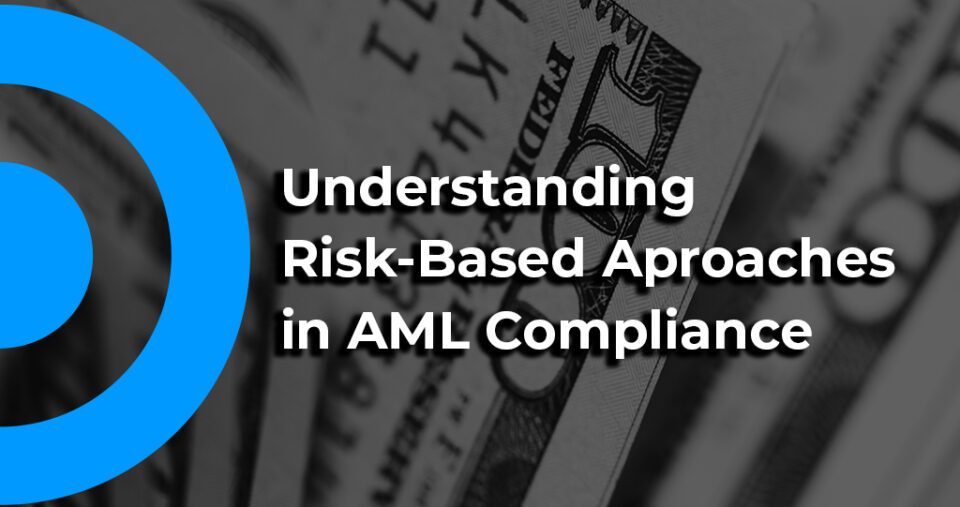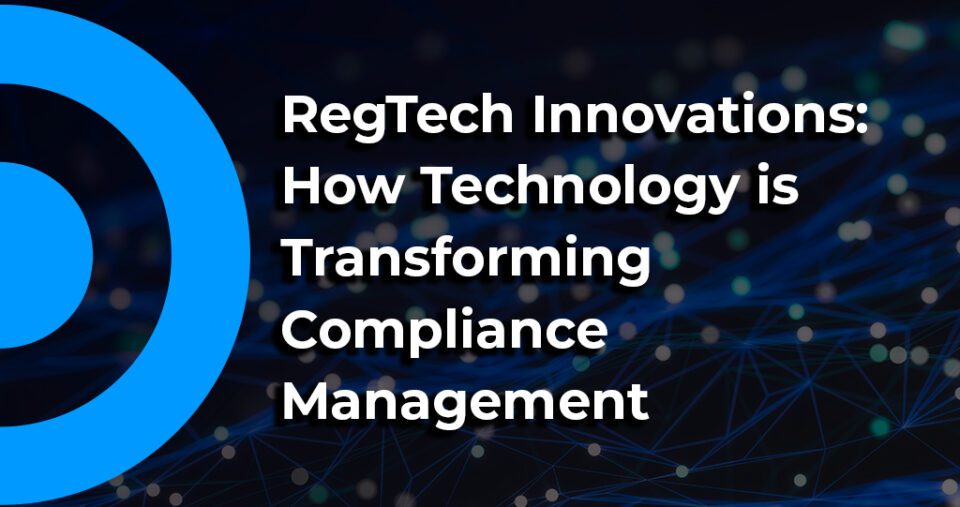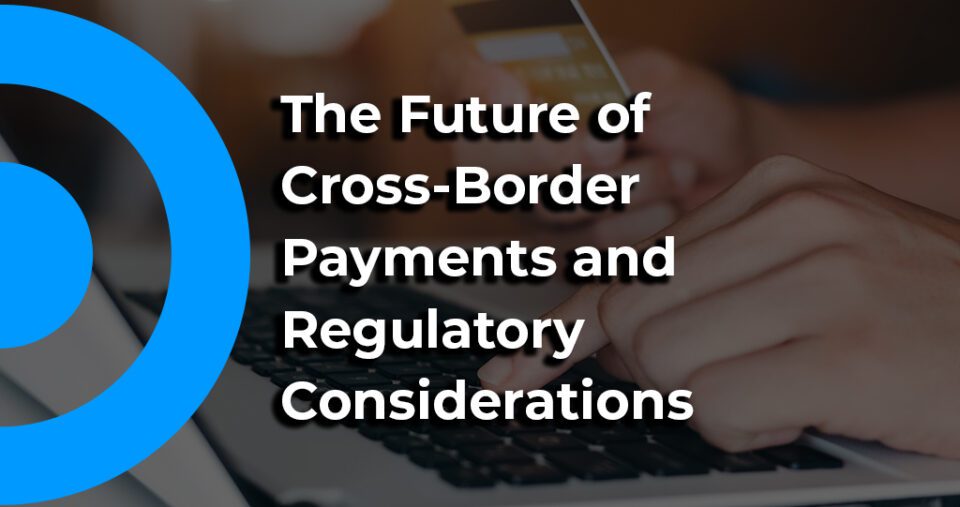
FINTRAC’s Latest AML Directives: How Canadian MSBs and PSPs Should Prepare
February 10, 2025
The Future of AML Compliance: Trends and Regulatory Changes in 2025
February 21, 2025The rise of Artificial Intelligence (AI) and Regulatory Technology (RegTech) is transforming compliance for Payment Service Providers (PSPs). Traditional compliance methods are being replaced by automation, real-time monitoring, and predictive analytics, making regulatory adherence more efficient and cost-effective.
In this article, we analyze the role of AI and RegTech in PSP compliance, including automated KYC verification, transaction monitoring, and real-time risk assessment tools. We also explore key benefits and potential risks of adopting AI-driven compliance solutions.
1. The Role of AI and RegTech in PSP Compliance
RegTech, a subset of fintech, is designed to help financial institutions manage compliance efficiently through automation. When combined with AI, RegTech enables PSPs to:
- Monitor transactions in real time and detect suspicious patterns.
- Automate regulatory reporting to reduce human error.
- Enhance fraud detection using machine learning models.
- Improve risk assessment by analyzing large datasets instantly.
2. AI-Driven Transaction Monitoring and Fraud Detection
AI-powered compliance tools detect and prevent fraud faster than traditional rule-based systems. Key capabilities include:
- Behavioral Analytics – AI analyzes transaction patterns to flag anomalies in real time.
- Automated Suspicious Activity Reports (SARs) – AI can generate SARs for regulators like FINTRAC and CBUAE automatically.
- Adaptive Learning Models – AI improves over time by recognizing new fraud tactics and updating detection rules.
Example of AI in Action
A PSP operating in the UAE used AI-driven fraud detection to reduce false positives by 40% and speed up transaction reviews by 30%, improving overall compliance efficiency.
3. Automated KYC and Real-Time Risk Assessment
Know Your Customer (KYC) verification is a crucial component of AML compliance. AI-powered KYC solutions:
- Verify customer identities in seconds using biometric authentication and document scanning.
- Assign dynamic risk scores based on real-time financial behavior.
- Reduce manual onboarding time by automating due diligence checks.
🔗 See how PSPs are automating KYC for faster compliance
4. Key Compliance Benefits of AI and RegTech
AI and RegTech offer PSPs several advantages in regulatory compliance:
- Increased Efficiency – Automates manual processes, reducing compliance costs.
- Enhanced Fraud Prevention – AI detects fraud patterns faster and reduces false positives.
- Improved Accuracy – Eliminates human error in regulatory reporting.
- Scalability – AI-driven compliance adapts to higher transaction volumes without additional costs.
5. Potential Risks and Challenges
Despite its benefits, AI and RegTech adoption comes with challenges:
- Data Privacy Concerns – AI models require access to sensitive customer data. Compliance with PIPEDA (Canada), GDPR (EU), and UAE Data Protection laws is essential.
- Regulatory Uncertainty – Some AI-driven compliance tools lack clear regulatory approval. PSPs must ensure AI models align with FATF, FINTRAC, and CBUAE guidelines.
- AI Model Bias – Improperly trained AI systems may flag legitimate transactions as fraudulent.
6. Final Thoughts: Embracing AI for Smarter Compliance
AI and RegTech are redefining AML compliance for PSPs by offering faster, more accurate, and cost-effective solutions. PSPs that invest in AI-driven fraud detection, real-time risk monitoring, and automated KYC will have a competitive advantage in 2025 and beyond.
At Paycompliance, we help businesses navigate AI-powered compliance with expert consulting and tailored solutions.
Contact our experts today to explore AI-driven compliance solutions for your PSP.
Sources



